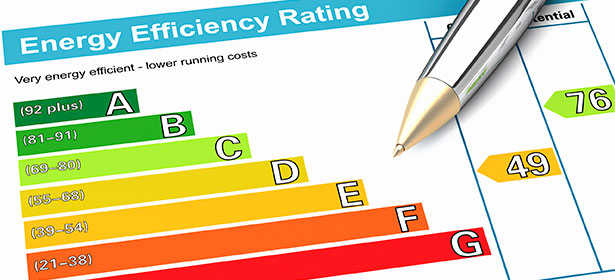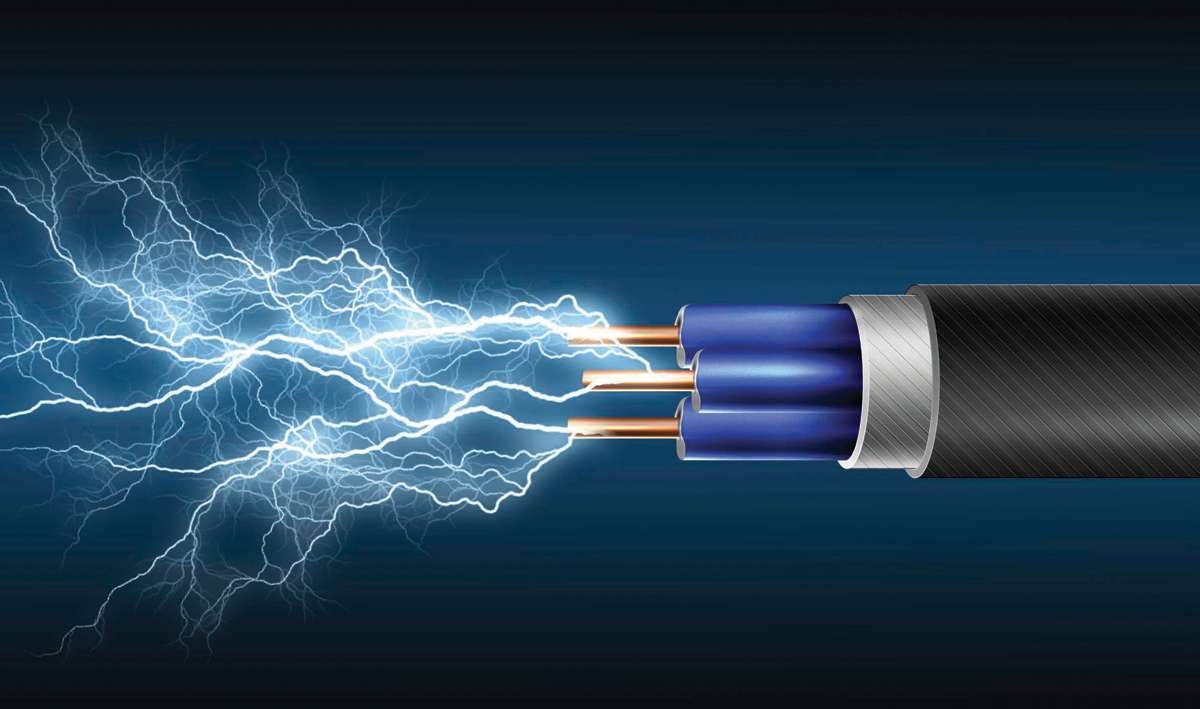Electrical Permit Requirements
Do I Need a Permit?
The Pennsylvania Code (§403.42) requires that owners and/or agents apply for a permit whenever they intend to convert or replace any electrical system regulated by the Uniform Construction Code. According to the PA Code, this includes all electrical installation and upgrades, with the following exceptions:
- Minor repair and maintenance work that includes the replacement of lamps or the connection of approved portable electrical equipment to approved permanently installed receptacles.
- Electrical equipment used for radio and television transmissions. The provisions of the Uniform Construction Code apply to equipment and wiring for power supply and the installation of towers and antennas.
- The installation of a temporary system for the testing or servicing of electrical equipment or apparatus.
Outside of these exceptions, permits are required by law.
Obtaining a Permit
In Pennsylvania, permits for electrical installation and upgrades are typically handled by the municipality in which the building is located. In Scranton, contact the Department of Licensing, Inspections and Permits on weekdays, between 8:00 am and 3:30 pm, at (570) 348-4193. (Permit applications may be submitted on weekdays up to 4:30 pm, but those submitted after 3:30 pm will not be processed until the next business day.) The Department issues decisions on commercial permits within 30 days, and residential permits within 15 days, so it’s important to apply for your permit well in advance of the date on which you plan to commence work. Failure to obtain a permit when required results in the fee for the job being doubled.
According to Scranton Code §215-3, upon filing of the written application and payment of the required fee, a permit will be issued in duplicate to the electrical contractor (or person making the application). One copy of this permit must be conspicuously displayed on the premises where the work is being done, and it must remain in place until the work has been inspected and approved by either the electrical underwriters agency or the Electrical Inspector of the City of Scranton.
Requirements
In submitting drawings as part of the permit application process in the City of Scranton, the following are required:
- Location of electrical devices: lighting, receptacles, switches, equipment, appliances, transformers, panels, and subpanels
- Size and type conductors
- Panel and subpanel schedule

